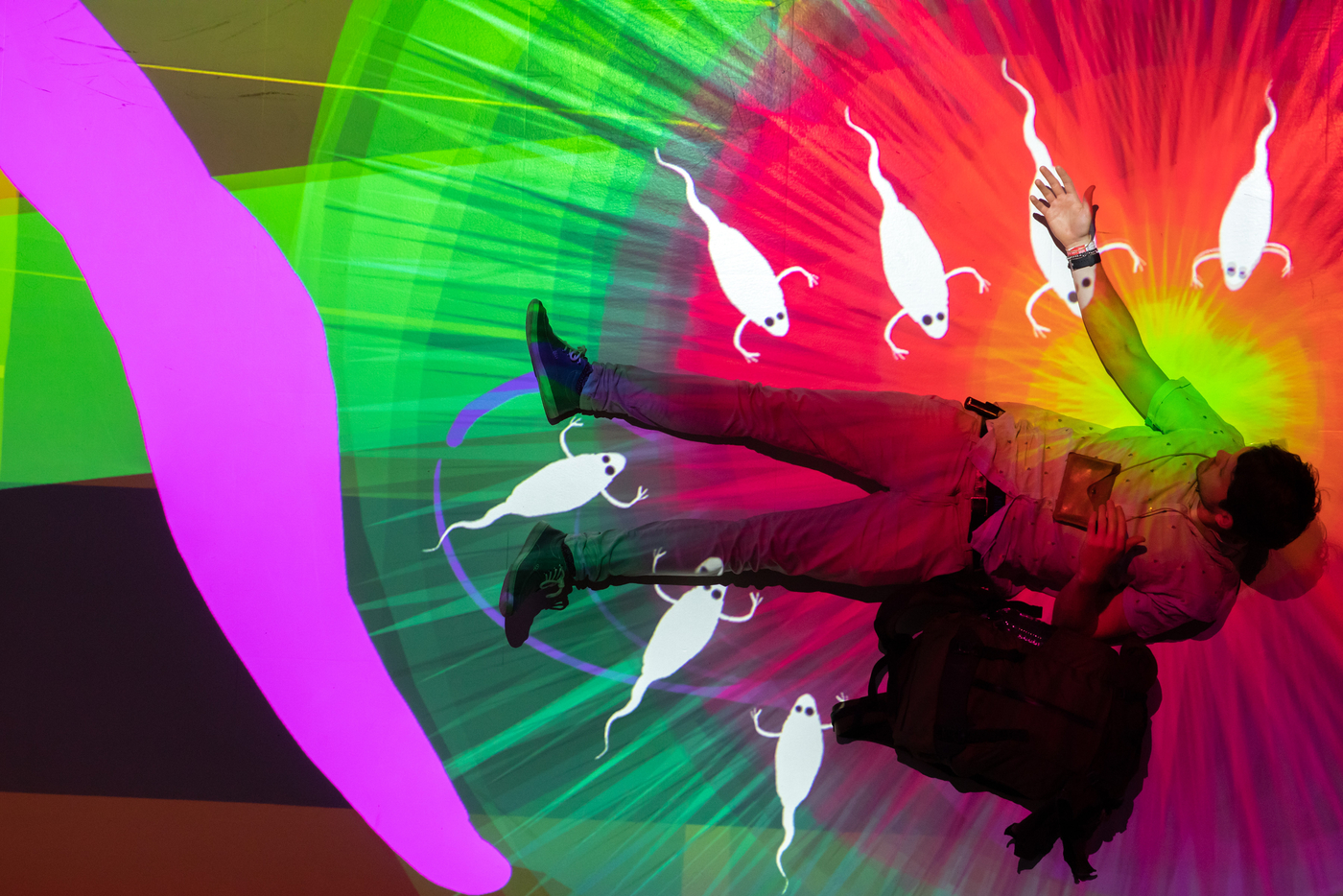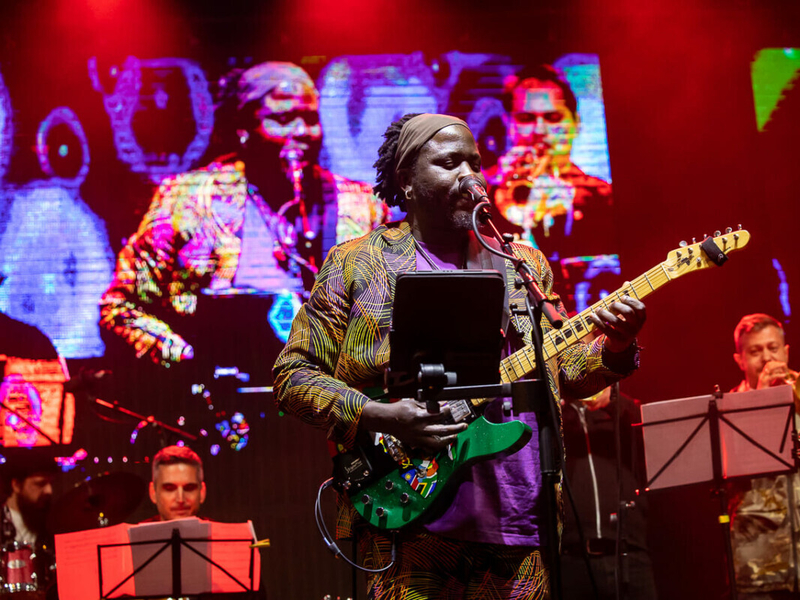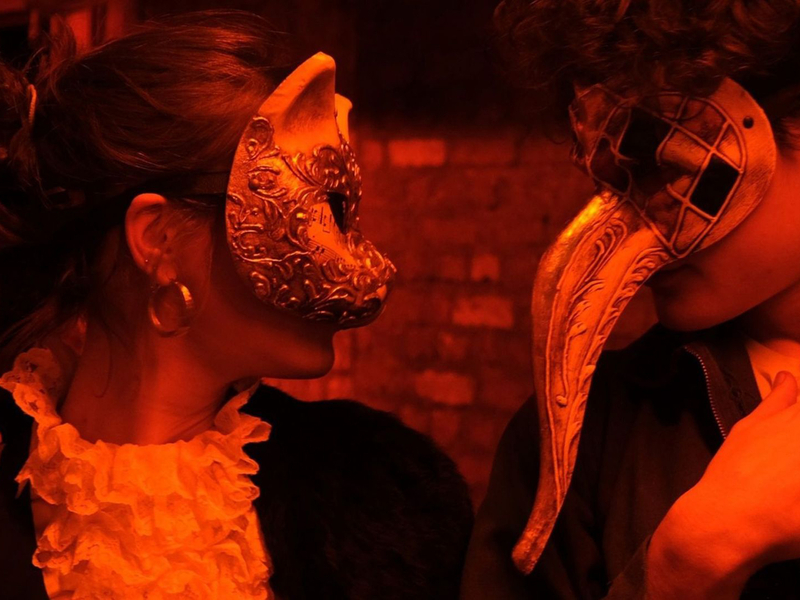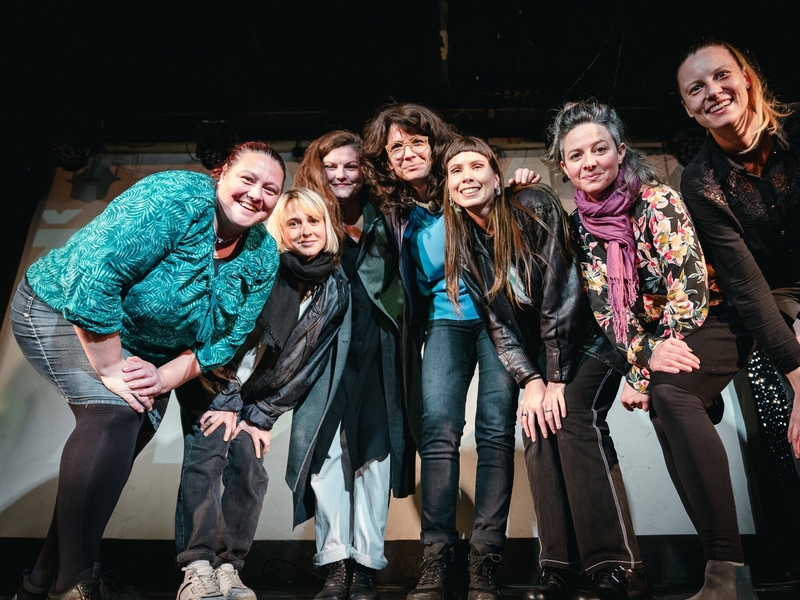Ars Electronica - EFFE Laureate
Simon Mundy interviews Veronika Liebl, Ars Electronica's Director of European Co-operation
It would be natural to assume that a festival dedicated to all arts that are digital and electronically generated would date back only a few years, to the time at the start of this century when the internet had taken hold and digital was the most fashionable word on offer. And one would be wrong. One might also assume that it was held in one of the capital cities creating their new media quarters and one would be only half right. Ars Electronica was actually started in 1979, long before the computer escaped from university or government silos. It was, though, making great inroads into experimental music, where electronically generated sound and manipulation was being caught and edited on reel-to-reel tape to change the nature of performance and, importantly, radio.

Linz is not a governmental capital city but it was then Austria's biggest industrial city. As Veronika Liebl, Ars Electronica's Director of European Co-operation, says, 'Linz was a super-heavy steel and chemicals producer, very dirty, and it realised this was not going to be its future.' The local branch of Austria's national broadcaster, ORF, understood it needed to promote the idea that science and the arts together would be the mechanisms to get Linz through the period of industrial decline. Until then, Linz's claim to musical fame rested on its Cathedral organist from the 1860s, the composer Anton Bruckner, like his city disdained by fashionable and sophisticated Vienna, further up river.
While the early days concentrated on electronic music, as computer influenced visual art began to be explored during the 1980s the festival was quick to expand its coverage to new disciplines. 'In those days,' says Veronika, 'the original organisers remind me they had to ring the artists directly, not even on mobiles or by fax, often trying to call them in the middle of the night to persuade them to come and take part.'
Gradually the audiences started to increase, helped by the establishment of the annual Sound Cloud event on the banks of the Danube, broadcast on national radio. 'Ars Electronica has become a huge platform for developing the intersection between art and technology. It also has,' Veronika tells me, 'important political messages. Now the arts are at the centre of arguments about whether European humanism wins out over US commercial monopolies or Asian government control, about which kinds of data can be collected, by whom, and how we can all participate without losing our freedoms, about how and why machines should be part of our lives.'
This year Ars Electronica had 111000 visitors, over 600 events and 1450 artists and scientist. 'It's constantly growing in diversity. What I love most,' Veronika says, 'is that I see a Japanese digital artist next to a British scientist, mixing with grandparents bringing kids who understand even more than they do. We're building bridges between generations as much as between artistic genres and different backgrounds.'
Note from the EFFE International Jury
ARS Electronica has been held for 40 years. It retains its ability to fill the audience with curiosity for art, technology and society, and is at the forefront of presenting the cultural and social significance of new technical and scientific developments. Thanks to brilliant dramaturgy, audiences enter a place which is alive, pulsing, and takes into account the problems of the present no less than visions of a better future.
More information:
05 Sep 2019 - 09 Sep 2019
Linz, Austria


